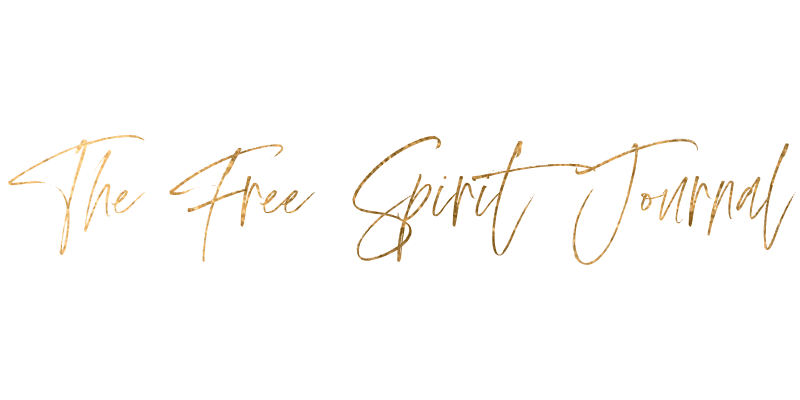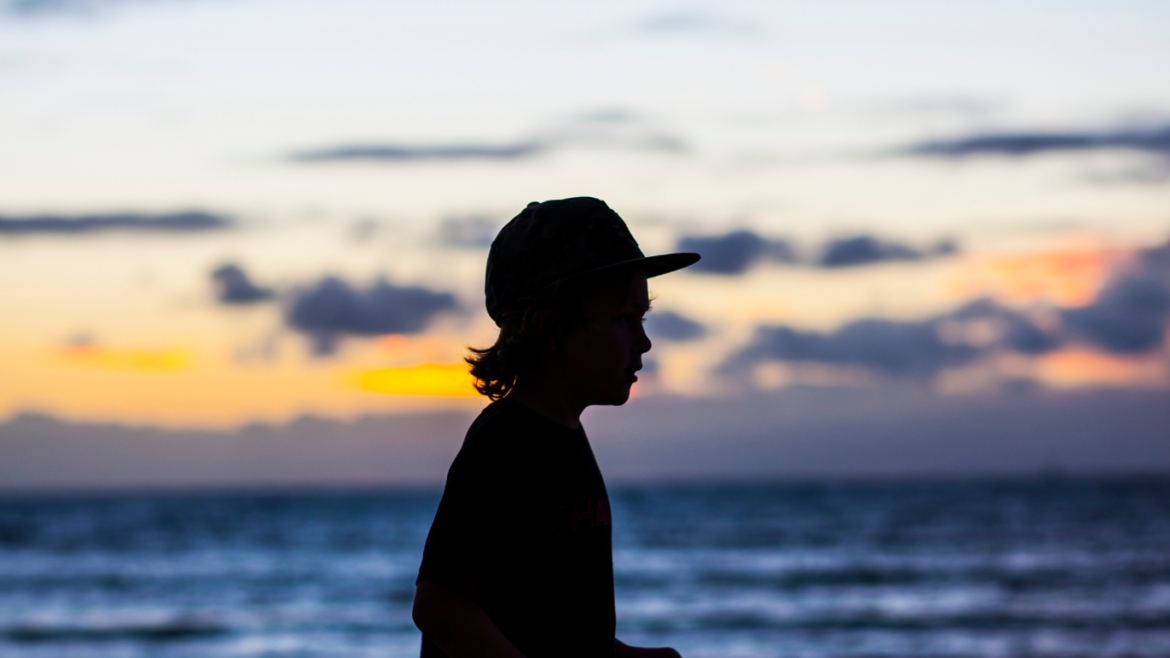There is no word for losing a child like the one that follows a mother’s broken heart. But for those who have lost or nearly lost a child, there is power in knowing you are not alone.
A Mother’s Love and Loss
No matter the source of pain, no parent wants to watch their children suffer. Every bruise, every wound cuts deep into a mother’s soul, but it is the invisible scars that cut the deepest. When a mother’s love is not enough to protect her child, the heartache can be overwhelming.
When Empathy Becomes Painful
Mothers are often the first responders to their children’s distress, feeling an instinctual urge to protect and heal. This deep empathy reflects the strength of the parental bond, but it can also lead to what psychologists refer to as ’emotional contagion’ — feeling and absorbing the emotions of another as if they were your own.
For a mother, seeing her child in pain triggers a cascade of stress hormones, causing physical and emotional stress responses akin to what the child might be feeling. This empathetic response is rooted in our neurobiology; mirror neurons in a mother’s brain might fire up when observing their child’s pain, simulating the same experience internally.
The Mental Load of Worry
The immediate aftermath of a child getting hurt is just the beginning. Mothers often bear a ‘mental load’, a perpetual state of concern about their children’s well-being. When those worries become reality, it can reinforce anxiety and reinforce overprotective behaviors.
After an injury or emotional hurt, a mother may replay the incident repeatedly in her thoughts, questioning whether it could have been prevented and often guilt wrestles at her conscience. It is crucial to acknowledge these feelings but also to recognize that not all pain can be shielded from our children — nor should it be. Adversity is a part of life, and experiencing and overcoming challenges is critical for a child’s development.
Healing Together
It’s essential for both mother and child to find a path to healing when harm occurs. For children, healing might involve physical care for injuries, as well as emotional support to cope with trauma or fear. For mothers, healing often involves emotional self-care, perhaps seeking the support of a partner, friend, or professional counselor.
The support network that a mother draws upon is vital in these times. Sharing experiences with other mothers can validate feelings and offer comfort or different perspectives. It’s through these shared stories and wisdom that the burden often lightens, fostering a collective strength and resilience among caretakers.
Cultivating Resilience in Motherhood
The experience of seeing your children hurt is nothing short of agonizing. Yet, it is within these heartaches that the resilience of both mother and child is cultured. Mothers can model coping strategies for their children, teaching them, through example, how to face and overcome adversity.
Together, mother and child learn that pain, whether emotional or physical, is transient. They gain confidence in their ability to recover and grow from experiences. It is also an opportunity for mothers to teach their children about empathy, care, and the human capacity to heal, thus preparing them for their life ahead.
Resilience doesn’t make the pain of seeing a child hurt any less real or any less profound, but it provides a framework for recovery and growth, and establishes a legacy of strength and perseverance.
Conclusion
There is no pain quite like that felt by a mother whose children are hurt. It is a universal language of love and concern that transcends all barriers. And yet, within this pain, there’s extraordinary power — the power of deep empathy, of developing resilience, and of building a bedrock of support and understanding.
In times of hurt and heartache, remember that you are surrounded by a community of parents who understand your struggles, share in your pain, and will stand with you through each challenging step. Your children do not only rely on you for comfort and healing; they also look up to you for the strength and courage they too, will aspire to embody.
Remember, dear mothers, you are not alone. Even in the most challenging times, your love and care are the most potent salves for your children’s wounds, and in every tear wiped away lies the resilience for both mother and child to heal, grow, and flourish together.
—
To all parents reading this, may you find solace and strength in knowing that the bond with your child is fortified even through the struggles, and the love shared is an unyielding force against any pain experienced.

